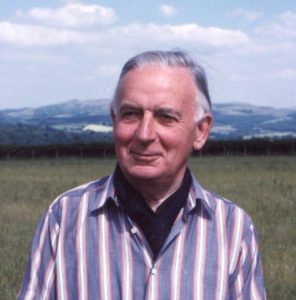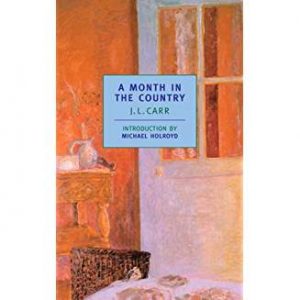Book Review: A Month in the Country by J.L. Carr
I finished reading JL Carr’s novella (or novel, depending on your definition: it’s about 100 pages, probably 35,000 words) about two weeks ago, and have found myself thinking about it daily since. It’s not that usual for me to be so haunted by a book, so it’s prompted me to consider why. Some of you might not have read it but may be familiar with the 1987 film, which starred a very young Colin Firth and Kenneth Branagh, as well as Natasha Richardson—an unusually sensitive, faithful adaptation, of considerable power, too.
Let’s start with a synopsis and statement of theme. It’s set in the summer of 1920, in the North Riding of Yorkshire, an area I know quite well, having spent a year there in my youth, when I was unemployed and forced to live with my mother.


